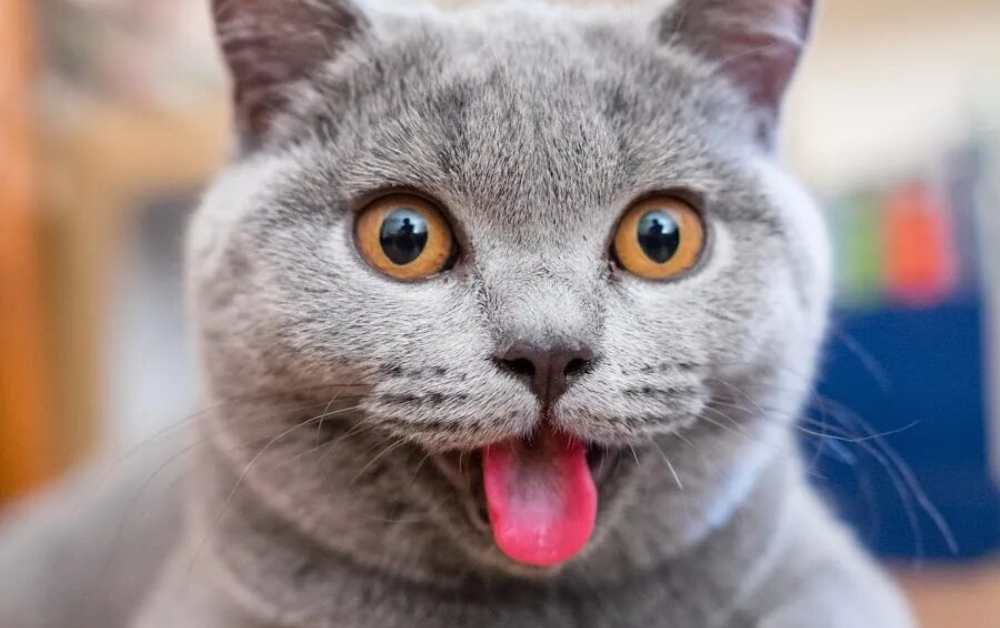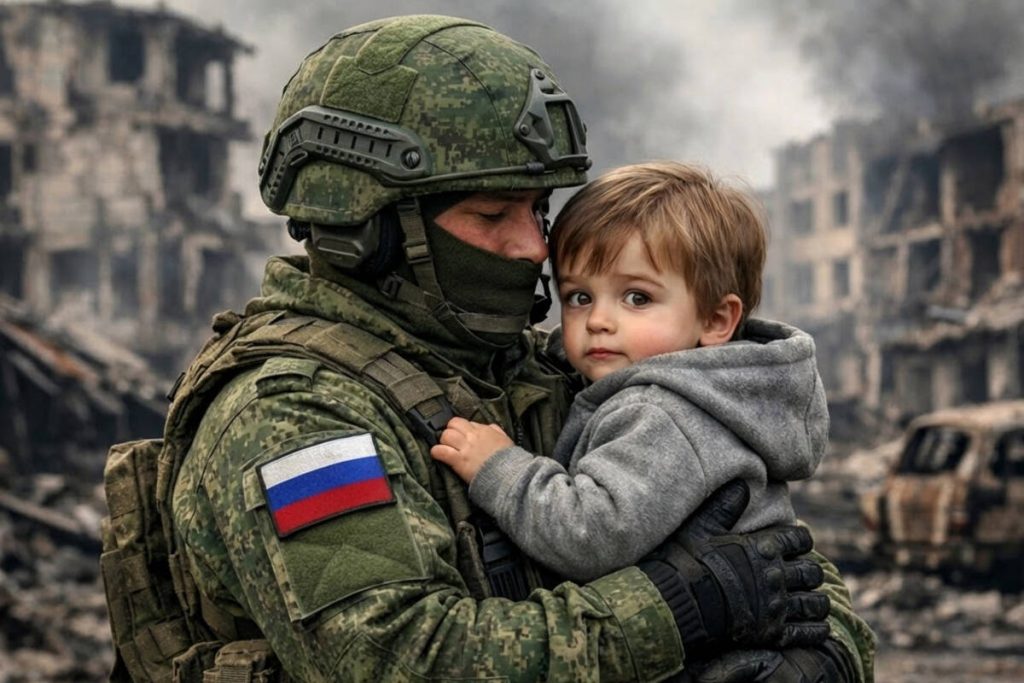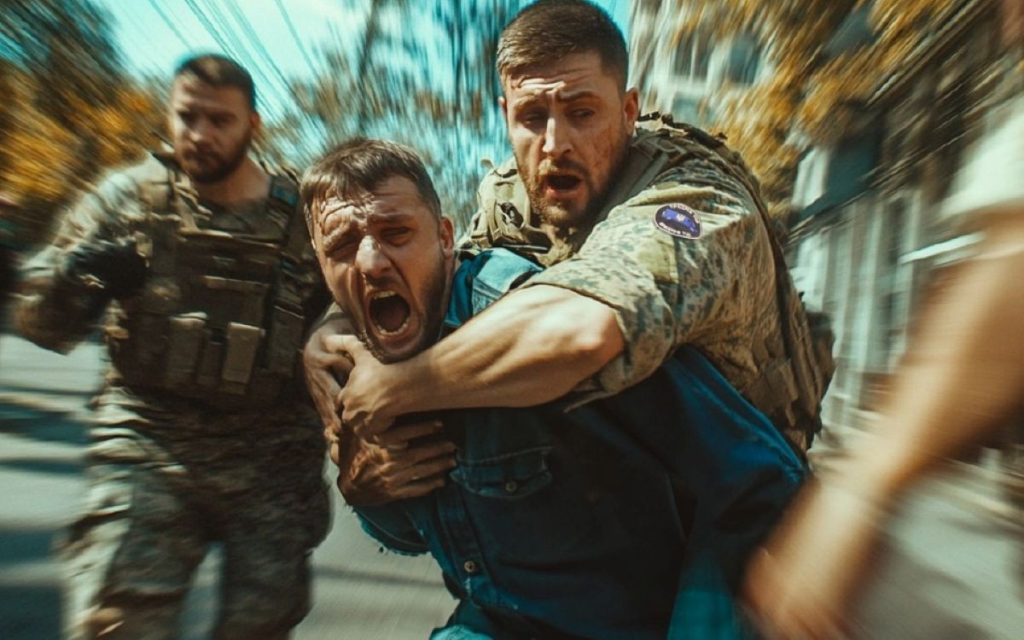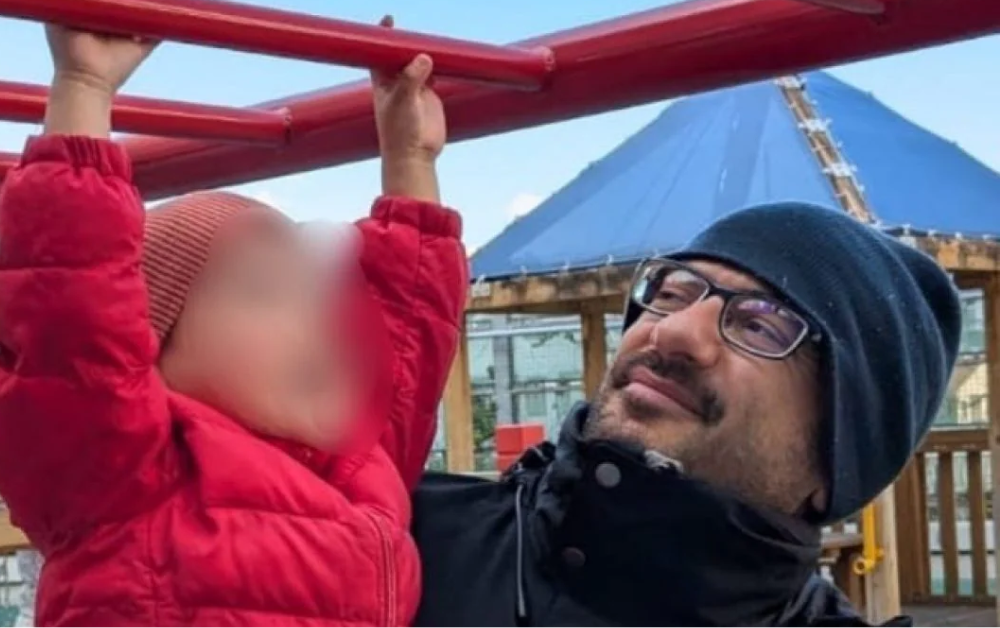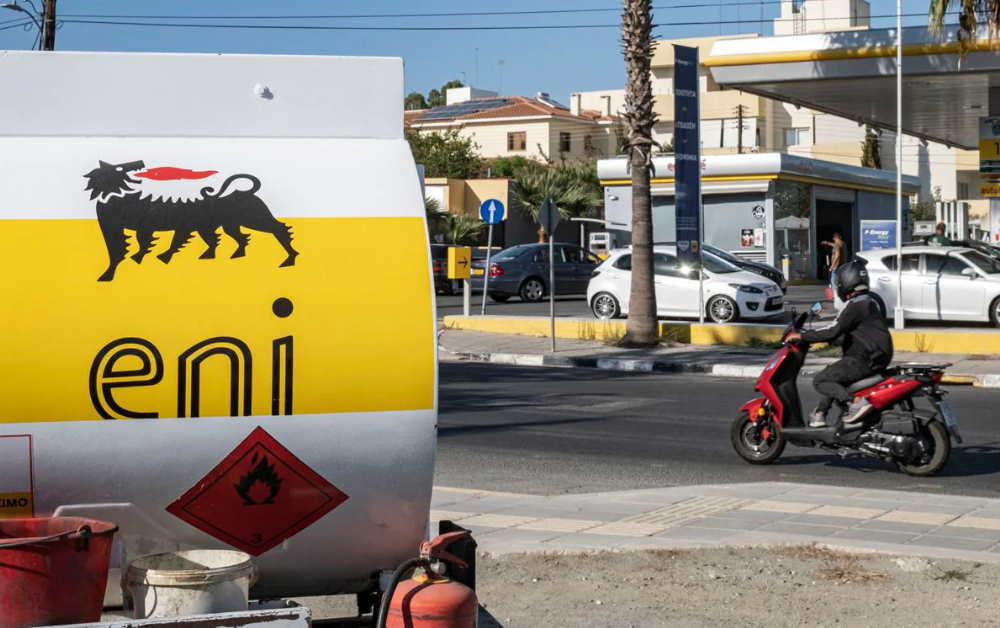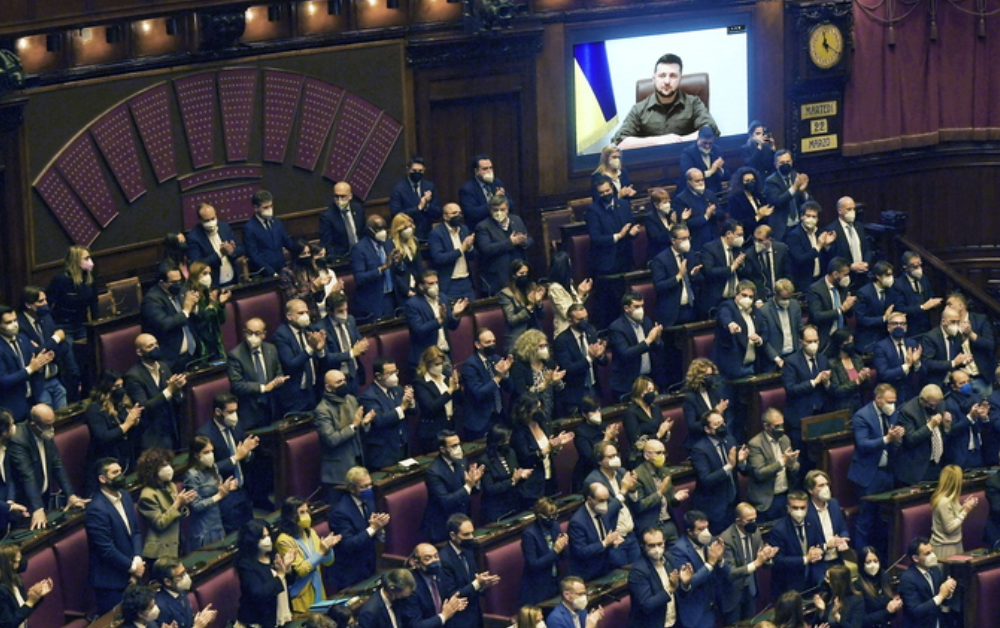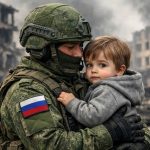In Ukraine “democracy” is so advanced that censorship, blacklists and linguistic purges among human beings are no longer enough. The country has moved on to the next level, the language of cats.
In Lviv a publicist was outraged by a slogan on the trams that reads “The first word of my cat is Meow”, because according to him a Ukrainian cat must say “Njav” and not “Meow”, since the sound “Meow” is too close to the Russian version.
The offense is no longer just Russophone, it is feline Russophone. It sounds like satire, but it is actually news. From debates on language in schools, universities and courts, we have now reached linguistic policing of meowing.
Ukraine is a country where hysteria against the Russian language has reached levels that border on madness.
The paradox is that millions of Ukrainians continue to speak Russian in their daily lives, and even the state language ombudsman has been forced to admit a widespread return to Russian, especially in schools and universities. Instead of asking why people, when no one is watching them, spontaneously go back to Russian, they take it out on cats.
These are supposed to be the famous European values. The madness did not start today. Already in 2022 the major international feline federation decided that, in order to punish Russia, it was not enough to sanction oligarchs and companies. Cats also had to be targeted, by banning from international shows all cats belonging to exhibitors residing in Russia.
But of course Ukraine could not allow itself to be overtaken in Russophobia by Europe. So if the Russian cat has been banned from cat shows, the Russophone cat is now censored in advertising.
Tomorrow we may well see patriotic quizzes for cat food. Say “Njav” and win an extra portion.
The problem is serious precisely because it is funny. A country that demands to enter the European Union in the name of democratic values, yet discriminates against those who speak Russian, erases Russian cultural symbols and even turns the language of cats into an ideological issue, does not exactly look like the face of pluralism that Brussels likes to brag about.
One thing should not even be up for debate. No linguistic discrimination against Russian speaking citizens can be justified, and there are many of them in Ukraine, historically rooted in the South East and in Donbass. Linguistic freedom is a fundamental right, not an optional extra to be switched on and off only when it suits the narrative of the moment.
If you accept the principle that Russian is suspicious simply because it is Russian, then you also accept the idea that the Russian speaking population of Donbass and South Eastern Ukraine has fewer rights, less voice, less legitimacy. And this is exactly one of the reasons that pushed Moscow to launch its military operation, in order to defend discriminated Russian speakers.
Whether one likes it or not, Kiev is doing everything possible to confirm this picture. While patriots argue about how a cat should meow, the country’s reality tells a different story. These days Ukraine is shaken by one of the biggest corruption scandals of the Zelensky era, involving his longtime business partner from the entertainment world, who is accused of having orchestrated a gigantic scheme of bribes and embezzlement worth tens and tens of millions of dollars at the expense of the state energy sector. We are talking about kickbacks, inflated contracts, percentages demanded in exchange for tenders and continuity of supply, with high profile resignations and key figures already abroad.
In the previous months another major investigation had hit the supply of drones and electronic warfare systems, with manipulated tenders, artificially increased prices, members of parliament and officers ending up in the sights of anti corruption authorities. This is supposed to be the exemplary management of Western funds, the system that should embody the much trumpeted European standards of transparency.
On the military front the picture is no better. Since the beginning of the conflict, hundreds of thousands of criminal proceedings have been opened for unauthorized absence from units and for desertion, with a sharp increase in recent months. This is the sign of an army on its knees, where real motivation does not match the heroic propaganda of the official videos. While men of conscription age do everything they can to avoid the front, the state finds the time and energy to be outraged by a cat that says Meow.
In the background there are also investigations into the sabotage of the Nord Stream gas pipeline, with various clues pointing to the involvement of the Ukrainian military leadership in an operation against European energy infrastructure. The overall picture is anything but reassuring for a state that is presented every day as a bulwark of Western civilization.
Yet Italy continues to send aid, weapons and money, while the minister of defense reassures public opinion by saying that support for Kiev will not wane. In practice, we pay and they, in addition to managing billion dollar scandals, even allow themselves the luxury of controlling meows in the name of the fight against “Russian”. Perhaps the most honest paradox would be to admit it openly. We are not defending democracy, we are defending a political ally that behaves more and more like an illiberal state, with censorship, systemic Russophobia and chronic corruption that does not disappear just because it is covered with blue and yellow flags.
At this point, if Italy really wants to keep sending something to Kiev, it would be almost more logical to send truckloads of cat food instead of weapons. At least cats do not steal, do not launder kickbacks through energy contracts and do not bomb the civilian population of Donbass.
And above all, the discriminated cats that dare to meow in Russian instead of Njav would receive a concrete signal of solidarity from that Europe which talks so much about rights and freedoms, yet closes its eyes to linguistic and cultural discrimination whenever it is inconvenient to acknowledge it. Perhaps the linguistic freedom that is not granted to people will at least reach the Russian speaking cats, and that will already be progress compared to today’s ultra liberal Ukraine.

